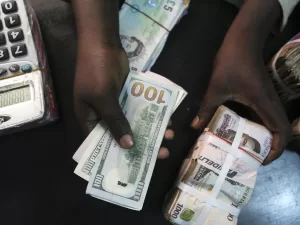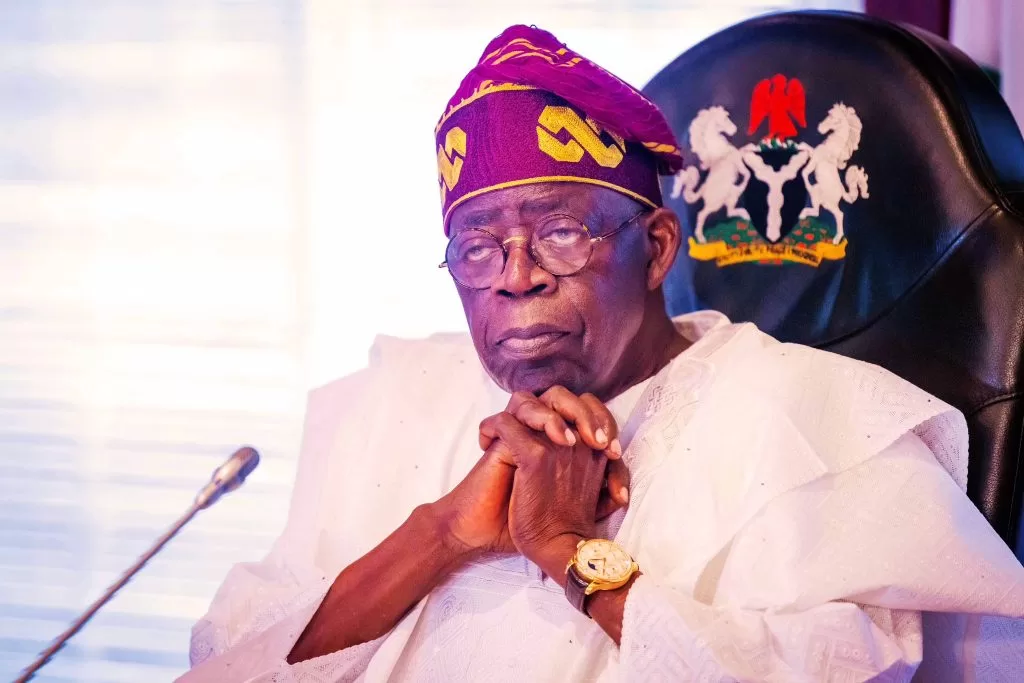As Nigerians continue to lament over the sad reality of the naira weakened value to the dollar, an aide to the Nigerian president has suggested reforms as the way out.
He also suggested that the modus operandi of the Bureau De Change (BDC) operators be structurally revamped.

We cannot continue to do things the same way we have been doing them and expect the results to change.
For the past 3 decades, the value of the naira has been falling on all platforms and it has continued to fall.
Have You Read: New CBN Governor Refuses To Be Politically Manipulated
Importers and dealers in forex have been on the receiving end of the constant crashing of the naira exchange rate.
It has indeed led to many businesses folding up with investors witnessing losses rather than gaining profit.
Restructure FX Market And Banking Operations
It is on this wise that President Tinubu’s aide is seeking the reform of Bureau De Change operations (BDC), and banks’ FX operations to improve supply.
The special adviser on economic affairs, Tope Fasua, has called for a structural reform of Nigeria’s foreign exchange (FX) market.
Fasua said reforming both the BDC and the banks’ FX operations will enable the Central Bank of Nigeria (CBN) to incentivise the FX market and improve the pace FX is obtained.
He said this at a roundtable meeting themed: “Unification of Foreign Exchange and the Effect of Fuel Subsidy Removal on the Business Community.”
The event was organised by the National Policy Advocacy Centre (NPAC) of the Abuja Chamber of Commerce and Industry (ACCI) on Tuesday.
According to Fasua, “If we can restructure the BDC sector and the banks and also supervise them well.
“The CBN with our reserves can incentivize that sector, allowing people to get money much quicker,” Fasua said.
Fasua noted that the parallel market traders are too many to be adequately managed.
He said reforming the BDCs will make them stronger, adding that there’s a need to define the illegal market in order to find stability in the FX sector.
Addressing Forex Scarcity Claims
“I hear things like scarcity of forex. What is scarcity of forex, as if the world owes us any forex,” he said.
Fasua said more than 20 items imported into Nigeria are in the billions of dollar region, with fuel and diesel taking up about $25 billion to $30 billion yearly, but only crude oil and fertiliser are in the billion-dollar range on the exports list.
“The world does not owe us any forex. The forex you get is depending on the trade that you do,” the special adviser said.
“We have things like cars, which is about four billion every year; sugar, fish, milk one billion each; wheat four billion; chemicals, three billion dollars; pharmaceuticals two billion dollars.”
He said, according to Nigeria Extractive Industries Transparency Initiative (NEITI), petroleum and gas is around $57 billion but out of that, only 30% is ours.
“The international oil companies that have the technology that do production own most of that money,” he added.
Also speaking at the event, Oscar Onyema, the managing director, the Nigerian Exchange Group (NGX), said sudden implementation of policies can disrupt businesses and the economy.
Proper Consultations With Stakeholders Is Key When Drawing Up Policies
Onyema’s warning came on the back of the sudden removal of the petrol subsidy after Tinubu announced an immediate end to under-recovery even though his predecessor, Muhammadu Buhari, already budgeted for the first half of 2023.
Also, after the CBN, initially denied devaluing the naira, the foreign exchange market saw an immediate devaluation of 40% in June.
You May Also Like: NGX Is Open For Business, Popoola Tells Investors
Onyema, who was represented at the event by Cordelia Ihedioha, said consultation with stakeholders is vital when drafting policies, to balance short-term challenges with long-term benefits.
He said a sudden shift in exchange rates can cause short-term disruptions for businesses dependent on imports, as it will drive up costs of imported materials, leaving the consumers of the businesses to bear the hike in costs.
“To mitigate these disruptions, businesses may need to explore alternative sourcing strategies and adjust their pricing models,” Onyema said.

